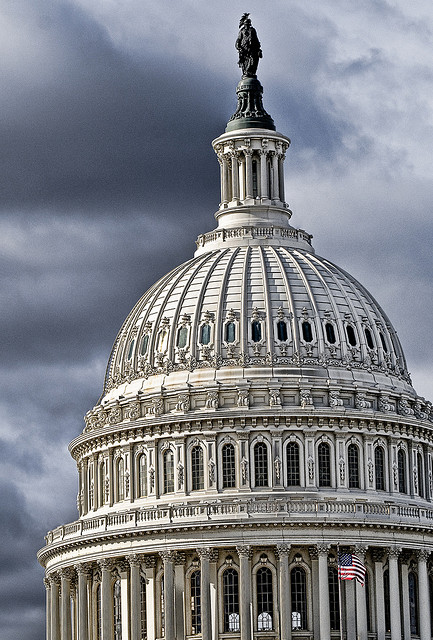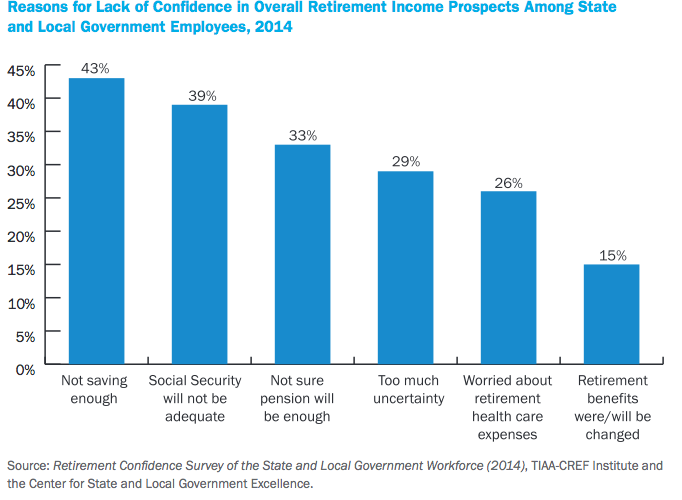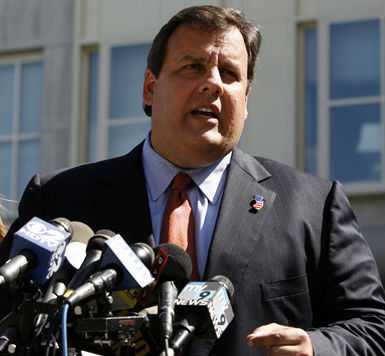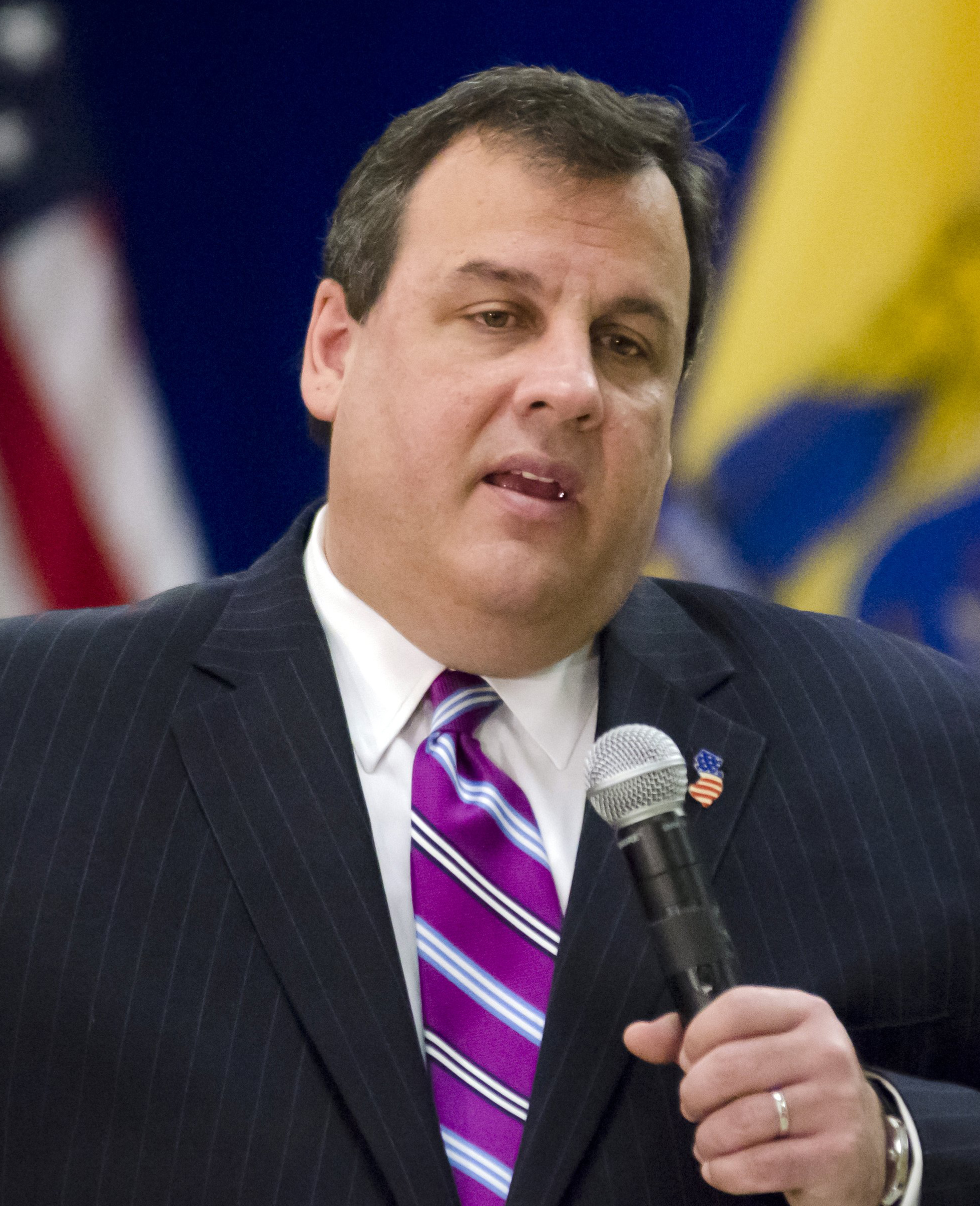New Pennsylvania Gov. Tom Wolf has already said he’ll be taking a hands-off, wait-and-see approach to pension reform.
He acknowledges that the system needs to improve its funding, but said he doesn’t think a switch to a 401(k)-type system is the correct way to approach reform.
A Wolf spokesperson, however, revealed this week that the Governor may be open to issuing pension obligation bonds to help pay down the state’s pension debt.
From the Daily Item:
As Gov.-elect Tom Wolf gets ready to wrestle a $2 billion budget deficit, some at the Capitol say the state should borrow money to relieve one of its biggest financial burdens — cash-strapped pensions.
Lawmakers on both sides of aisle have proposed using bonds to shore up the state’s retirement plans. Wolf is open to the idea, as well, said spokesman Jeff Sheridan, but is also willing to listen to alternatives.
It’s a concept that comes with risks — and controversy. Even advocates for the idea seem to embrace it only because no one has come up with a better one.
Annual costs tied to the state’s public employee pensions are expected to increase by more than $500 million in the coming fiscal year.
At least one lawmaker – Republican Rep. Glen Grell has proposed a plan for issuing bonds to fund the pension system.
But many other Republican lawmakers likely won’t be on board with the bond idea. A switch to a 401(k)-type system is still on the mind of many of those legislators.
Photo credit: “Flag-map of Pennsylvania” by Niagara – Own work from File:Flag of Pennsylvania.svg and File:USA Pennsylvania location map.svgThis vector image was created with Inkscape. Licensed under CC BY-SA 3.0 via Wikimedia Commons – http://commons.wikimedia.org/wiki/File:Flag-map_of_Pennsylvania.svg#mediaviewer/File:Flag-map_of_Pennsylvania.svg








